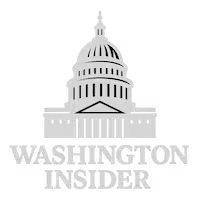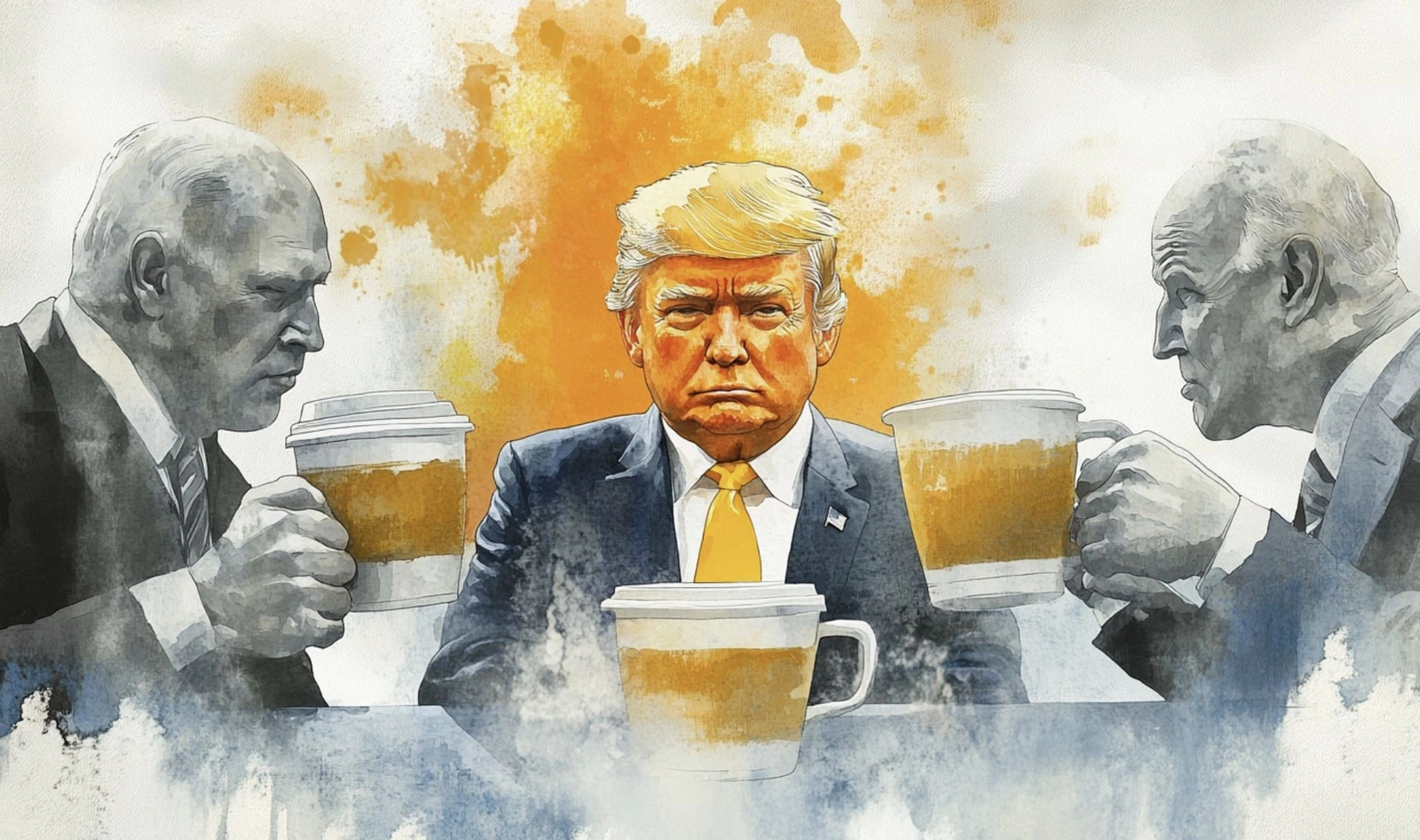

Morning Coffee:Trump tariffs & the new nightmare of private equity & hedge fund jobs. CFA scores boast-fest

Rockstar May Embrace User-Generated Content In Grand Theft Auto 6 - Report

More Americans Are Giving Their Lives Over To AI: Is This Bad?

Meta Shares New Stats on VR Engagement and the Future of the Metaverse

Meta's CTO Claims 2025 Will Define The Future Of The Metaverse, And Says That If The Platform Fails To Gain Traction, It Will Be A 'Legendary Misadventure'
Whatever you think of Trump's 'Liberation Day' tariffs and the complicated-not complicated formula used to calculate them, they seem like bad news for jobs in financial services. For the moment at least, deals that were were supposed to happen will not, which bodes badly for M&A bankers who were already clinging to jobs with a silken thread in the hope that the pipeline would save them. Crazy sh** t is horrendous for dealmaking declares one lawyer. But bankers, at least, are already down with a challenging jobs market. For hedge fund and private equity professionals, the post-tariff reality might be more of a shock. Bloomberg reports that some hedge funds are already applying the brakes to hiring. Others are sitting out of the market after big funds like Millennium, Citadel and Balyasny made losses in March. The best that can be hoped for is a flat April. Portfolio managers themselves are exhausted and sleeping three hours a night. A trade placed one day can blow up the next, depending upon White House whim, and there are deep debates over whether tariffs are the new reality or a bargaining chip. One very senior hedge fund figure said every big portfolio manager has been through hell, and this appears to be one of those times.
Life in private equity may be even worse

Life in private equity may be even worse. Hedge funds are in the business of buying and selling easily traded products, but private equity funds are in the business of buying, holding, improving and selling over a five to seven year period. This is a nightmare when the parameters change completely halfway through.Macro portfolio manager Karim Al-Mansour, has a brilliant analysis of the horrors now facing private equity firms on his Substack. If you're a private equity firm managing portfolio companies with complex global supply chains, traditional forms of hedging just stopped working, says Al-Mansour. FX swaps and forwards don't function against the asymmetric non-mean-reverting structural change that a tariff represents. Different forms of hedging are needed. Things like like FX basis swaps that track price adjustments across multiple countries, including primary suppliers and their alternatives, or mid-curve swaptions that hedge against rate changes at the point of refinancing, are suddenly popular.Most of all, though, Al-Mansour says private equity firms are having to think a lot more deeply about hedging in the whole portfolio context - it's now about portfolio structure rather than individual hedges. Cross-portfolio risk exposure and centralized hedging have become far more important. Due diligence just became more diligent than ever and means digging deep into supply changes. In the short term, the tariff chaos also means that private equity funds still won't be exiting investments and realising losses. Secondary sales (where funds effectively sell investments back to themselves) will continue, says Al-Mansour. So will the disputed activity of NAV-based (net asset value based) financing, which allows private equity firms to take out loans against the collateral of portfolio companies. Also described as pray and delay, NAV loans amount to kicking the can down the road. This looks even more dubious when the road is collapsing. Carried interest, at the very least, is unlikely to be on offer to private equity professionals for a while. Separately, CFA Institute has devised a new way of tantalising its failed test takers to try again. Bloomberg says there's a new scorecard system accompanying CFA exam results which shows exactly how well you performed against the minimum passing score of 1,600. Accordingly, when CFA 1 results came out yesterday, people took to Reddit to boast of their high scores, or not.
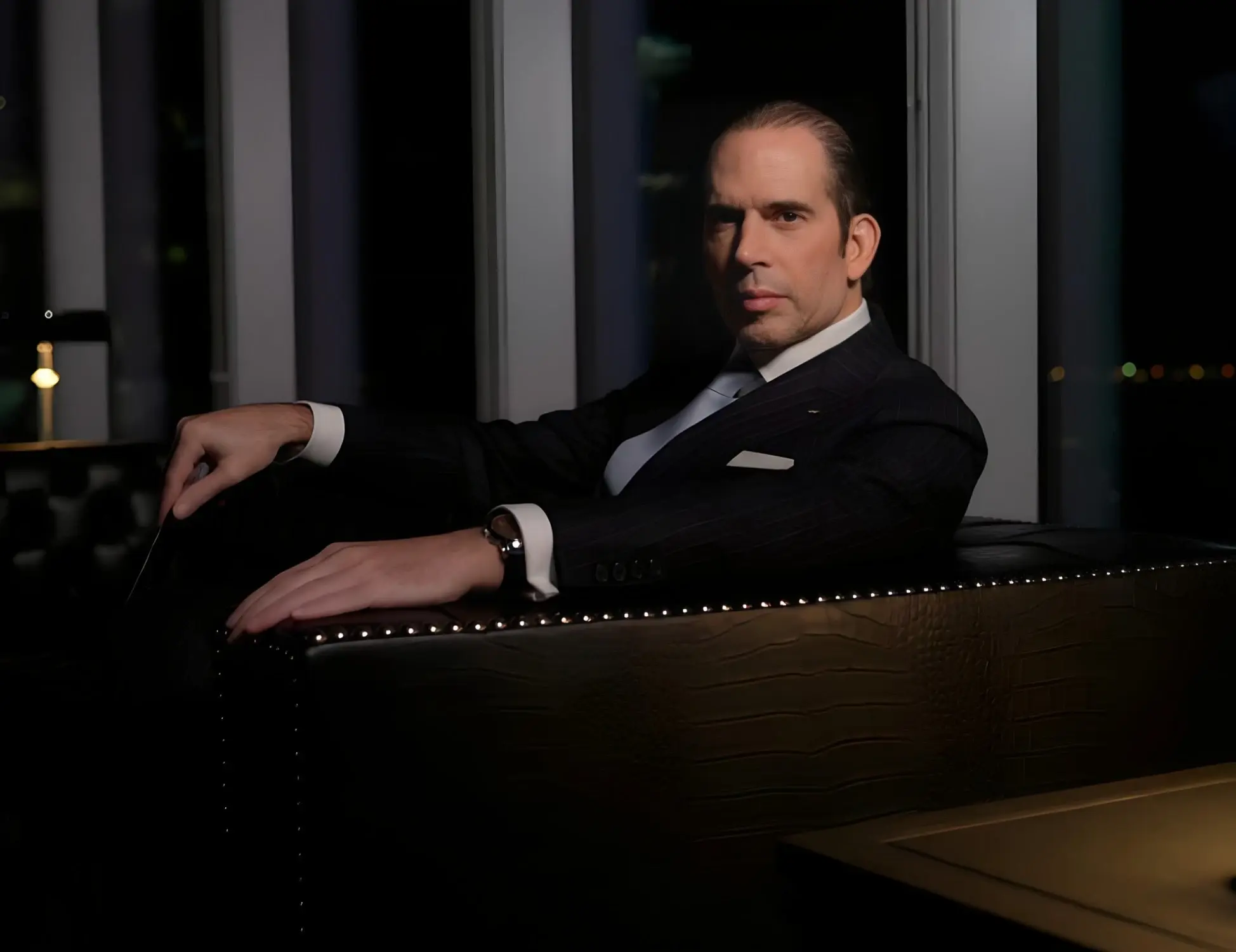
Julio Herrera Velutini and His Business Investments in the Global Market
![Catherine and Pierce Compete for a Listing in Episode 7 [Exclusive Clip]](/images/Grosse-Pointe-Garden-Society.webp)
Catherine and Pierce Compete for a Listing in Episode 7 [Exclusive Clip]

Donald Trump Spent Millions on These 9 Luxury Items No 7 Will Blow Your Mind
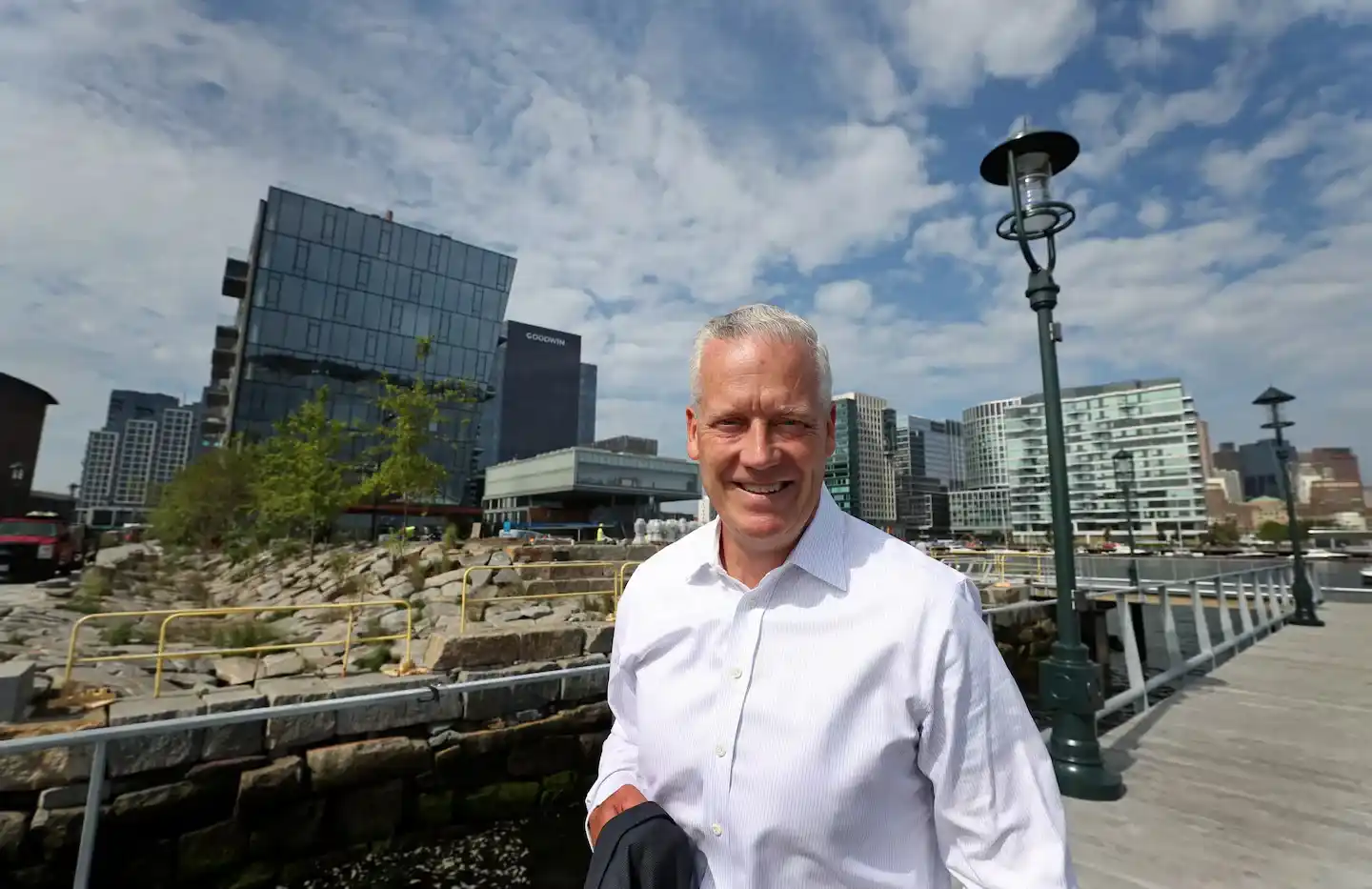
Why did Tom O’Brien decide not to run for mayor against Wu, Kraft?

private equity
Dollar Tree to sell Family Dollar for $1 billion a decade after buying it for more than $8 billion
Dollar Tree is selling Family Dollar to two private equity firms after the discount chain failed to gain traction with shoppers.
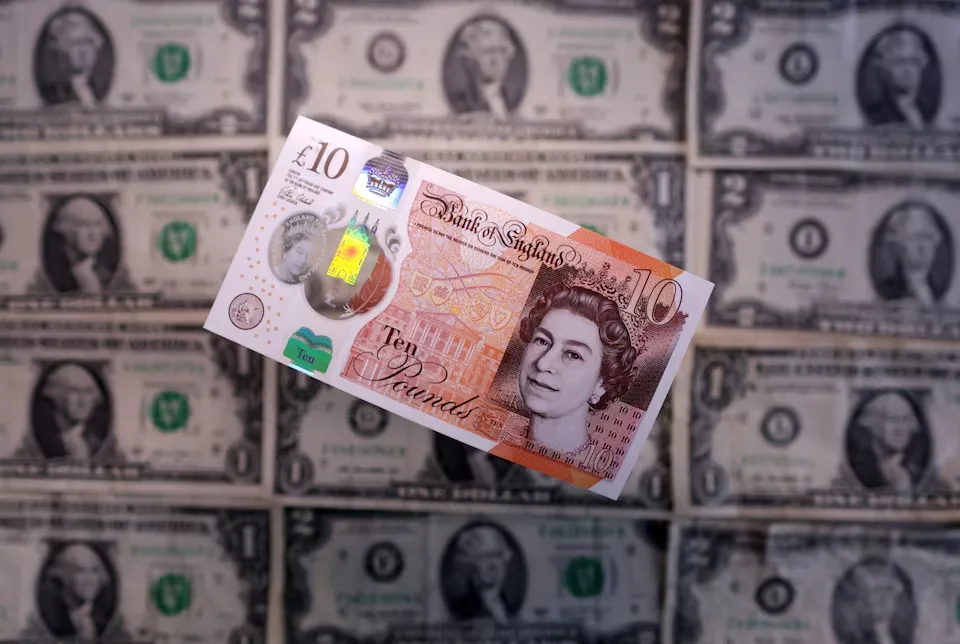
private equity
UK to ease rules for smaller private equity and hedge funds
Britain's government wants to dilute regulations for smaller private equity and hedge funds in a bid to bolster the country's appeal as an investment hub.

private equity
Community sounds off at public hearing on ALLETE’s potential acquisition
CPP is a private equity firm and GIP is owned by the world’s largest asset manager, BlackRock Inc.

private equity
Tariffs and Private Equity: Impact of “Liberation Day”
Today shared commentary from the firm’s Senior Market Strategist, Scott Voss on the recent tariff announcement.
